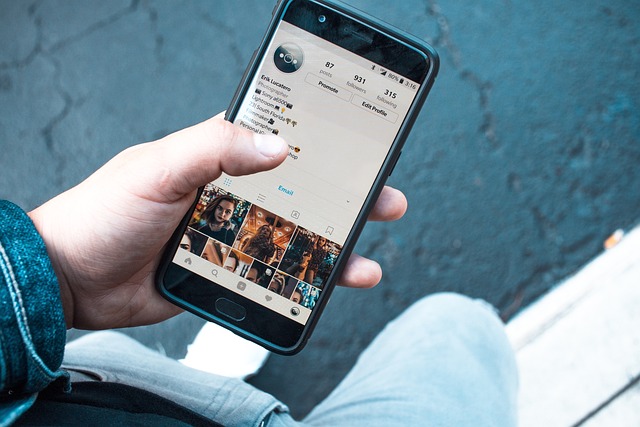The Impact of Social Media on Interactive Dependence in Addiction
In an age where a significant portion of our daily interactions unfolds on social media platforms, understanding the concept of interactive dependence becomes increasingly crucial, especially regarding addiction. As we scroll through our feeds, liking and commenting on posts, it is easy to overlook how deeply intertwined our social media habits can become with addiction.
Social media has transformed the way we connect with one another. It offers an unparalleled sense of community, allowing people to share their lives in real-time and engage in conversations from the comfort of their own homes. While this can be a positive outlet, it also fosters interactive dependence, where individuals rely on likes, shares, and comments for their self-esteem and validation. This dependence can mirror the patterns seen in behavioral addictions, such as gambling or substance use, where a compulsive need develops for external validation.
As we immerse ourselves in the world of social media, it’s hard to ignore the psychological effects it has on our wellbeing. While seeking approval and connection online can feel gratifying, it can also lead to a cycle of dependency. Each notification creates a rush, much like addictive substances do, leading many to seek out that same high repeatedly. The irony lies in the fact that social media, designed to bring us closer, can ironically isolate us further, driving unnecessary comparisons and feelings of inadequacy.
Moreover, the curated nature of social media feeds can significantly impact our mental health. Users often showcase the best parts of their lives, triggering envy and discontent in others who may not measure up to these unrealistic standards. This phenomenon perpetuates the need for engagement, encouraging individuals to stay active online continuously, thus deepening the cycle of interactive dependence. The constant need to refresh, check for updates, and seek validation becomes an entrenched habit that can lead down a dark path of addiction.
The role of social media in addiction is a pressing concern, especially when it comes to younger generations who have grown up with these platforms as a dominant form of communication. As awareness increases, it’s important to foster open conversations about the balance between healthy engagement and unhealthy dependence. Finding ways to create responsible use of social media, including setting time limits, fostering real-life connections, and recognizing triggers that lead to excessive usage can help mitigate the risks associated with interactive dependence.
Ultimately, as we navigate the evolving landscape of social media, understanding its profound impact on our lives is essential. By acknowledging the factors that contribute to interactive dependence in addiction, we can work towards creating healthier habits and fostering genuine connections that enrich our lives rather than detract from them.



